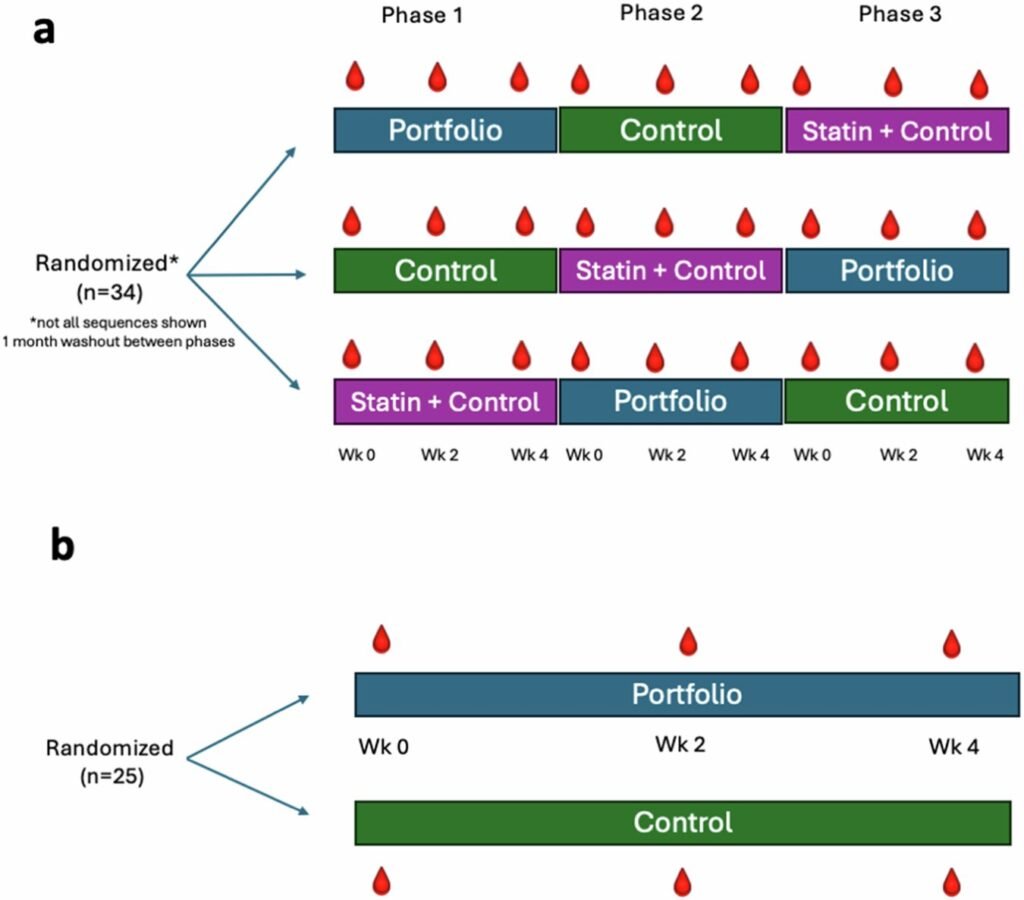A groundbreaking study has shed light on the potential of using metabolites in blood plasma as objective biomarkers to evaluate the foods we consume. This research, conducted by Andrea J. Glenn, assistant professor of nutrition at NYU Steinhardt School of Culture, Education, and Human Development, aimed to address the limitations of self-reporting in assessing dietary patterns and their health effects.
Traditionally, self-reporting through dietary records or questionnaires has been a primary method used by dietitians, medical professionals, and researchers to gather information on individuals’ diets. However, this method comes with the risk of inaccurate data due to reporting biases. By analyzing metabolites in blood, researchers can obtain more reliable and objective data on an individual’s dietary patterns.
The study focused on analyzing metabolites in plasma samples of participants who adhered to the portfolio diet, a plant-based diet designed to lower cholesterol levels. Participants in the trials were provided with the diet plan’s foods at weekly clinic visits for four weeks, with plasma samples collected at various intervals.
The results of the study, published in the European Journal of Clinical Nutrition, revealed significant changes in metabolites for participants following the portfolio diet. These changes included increases in metabolites associated with plant-based diets and decreases in metabolites linked to the low saturated fat content of the diet.
According to Glenn, the lead author of the study, these findings are promising and suggest that metabolites could be used as biomarkers to assess adherence to specific dietary patterns. However, further research is needed to validate these metabolites as objective biomarkers due to the limited existing research in this area.
In conclusion, this study highlights the potential of using metabolites in blood plasma as a more reliable and objective method to evaluate dietary patterns and their impact on health. By leveraging metabolomic profiling, researchers can gain valuable insights into individuals’ diets and make informed recommendations for improved health outcomes.


